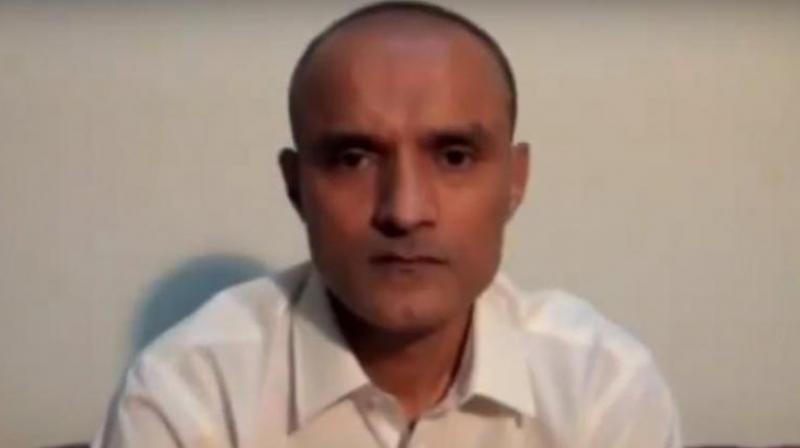Kulbhushan Jadhav saga is latest in series of Pakistan plots

Adopting intimidating tactics — like in the wake of the sentencing of former naval officer Kulbhushan Jadhav to death — is not something new to Pakistan. Pakistan has habitually either denied or condoned actions of its all-powerful military even if it is out of the ambit of its own laws. The latest incident is the sentencing of Mr Jadhav to death by a Pakistani military court. Despite Pakistan’s denials, the trial was carried out in secrecy, with Islamabad refusing 13 Indian requests for consular access to Mr Jadhav whom India says is an innocent man kidnapped from Iran.
Over the years, Pakistan has resorted to several provocative acts. Around the time Pakistan-backed terrorists and regular Pakistan Army troopers sneaked into Indian territory and occupied some of the icy peaks in Kargil in May, 1999, a young Indian Army officer Capt. Saurabh Kalia along with five Army soldiers who were part of a border patrol were ambushed by terrorists and suspected Pakistan Armymen, taken alive and tortured to death. The bodies were handed over later by Pakistan and bore horrific signs of torture and mutilation.
At about the same time, Pakistani troops and terrorists backed by them shot down an Indian MiG-21 fighter aircraft and a Mi-17 helicopter gunship, again acts which were aimed at provoking India. But India retaliated by shooting down a Pakistani naval plane which was apparently trying to intrude into Indian airspace.
Less than a decade later, the 26/11 attacks on Mumbai in November, 2008, carried out by Pakistani terrorists who had sneaked in through the sea route shook India. Incidents of beheading of Indian soldiers also took place in the next few years, with one Indian soldier being beheaded in a cross-LoC raid carried out by Pakistani troops and terrorists both in January, 2013, and in November, 2016.
These are just a few of the brazen acts carried out by Pakistani terrorists and troops.

